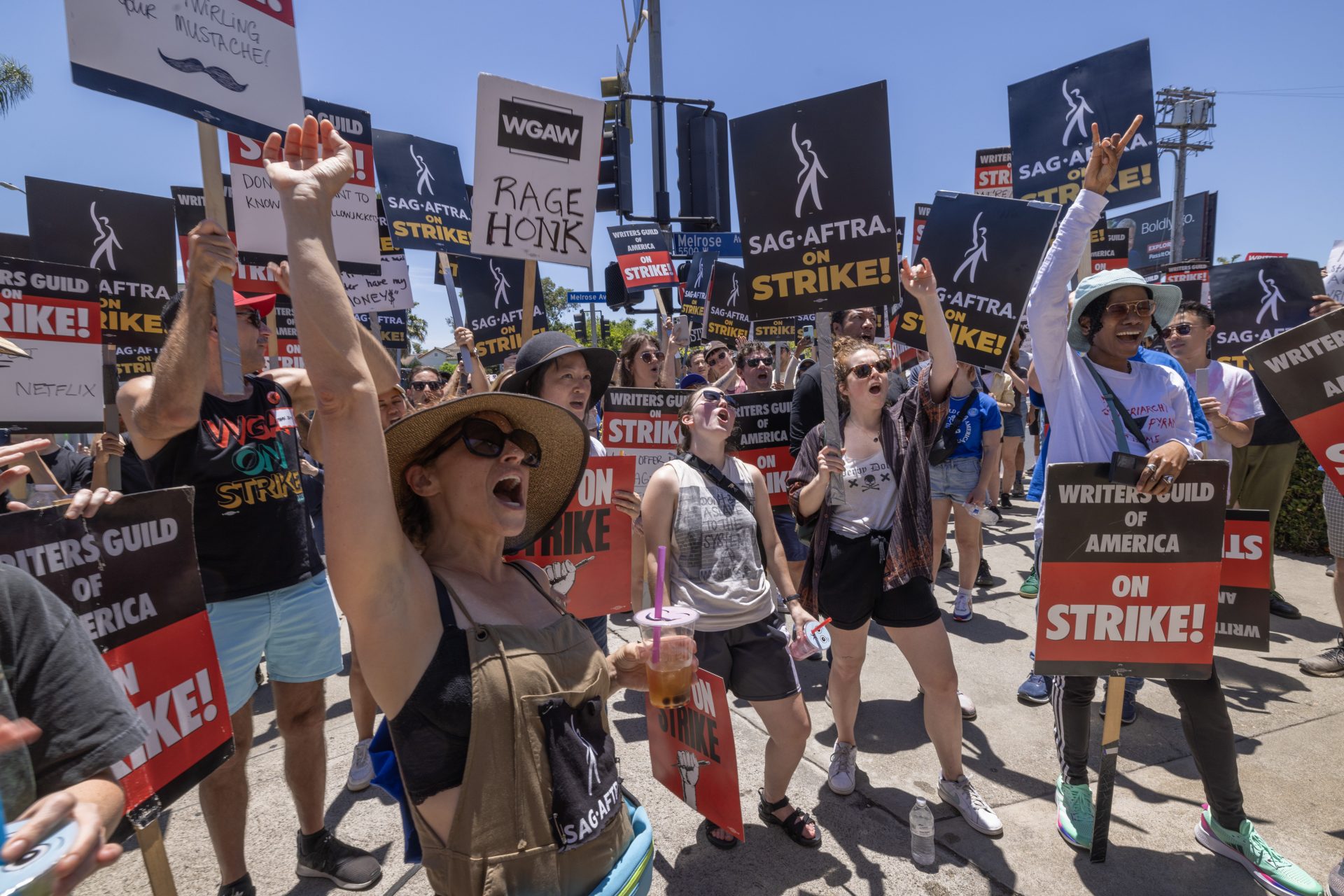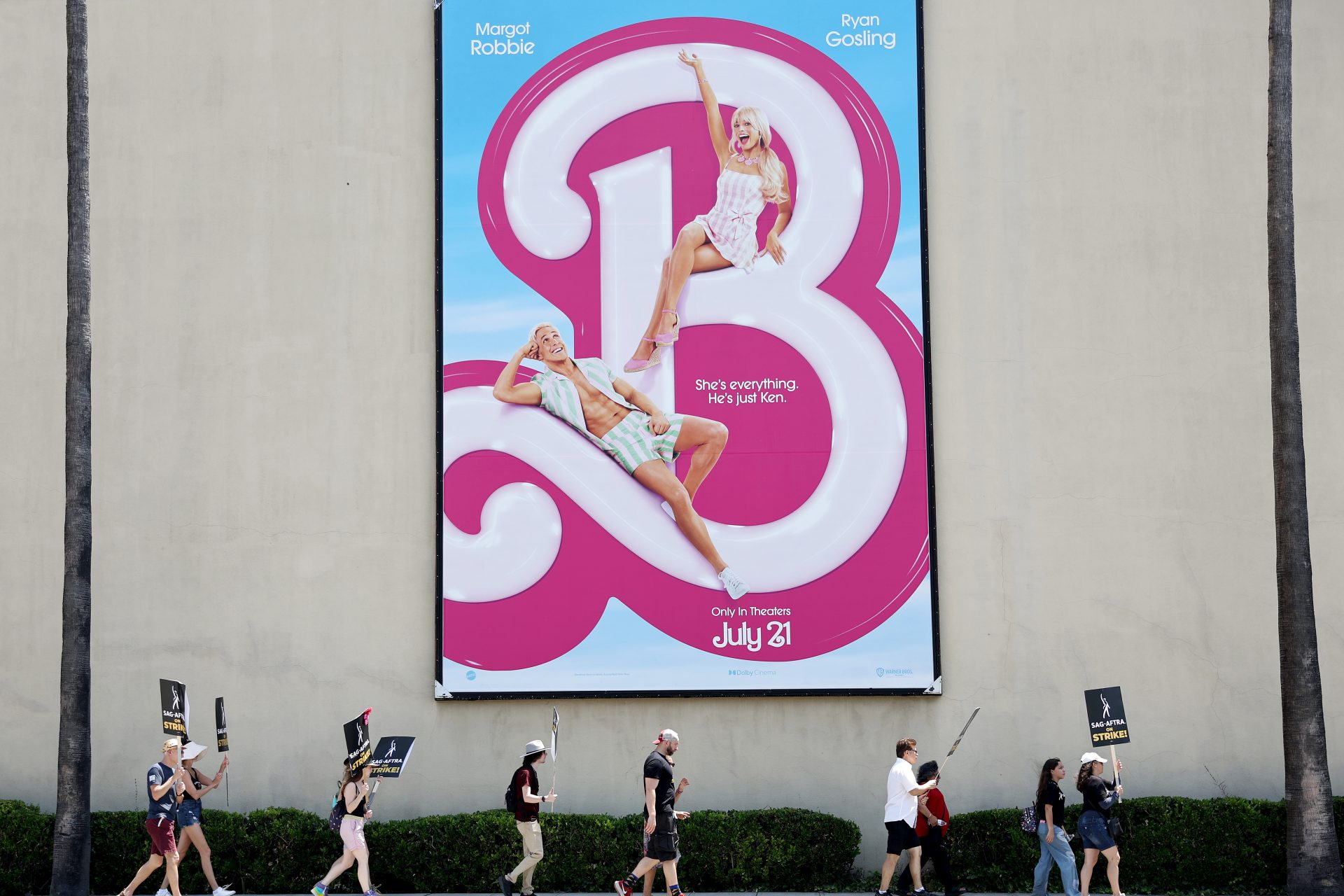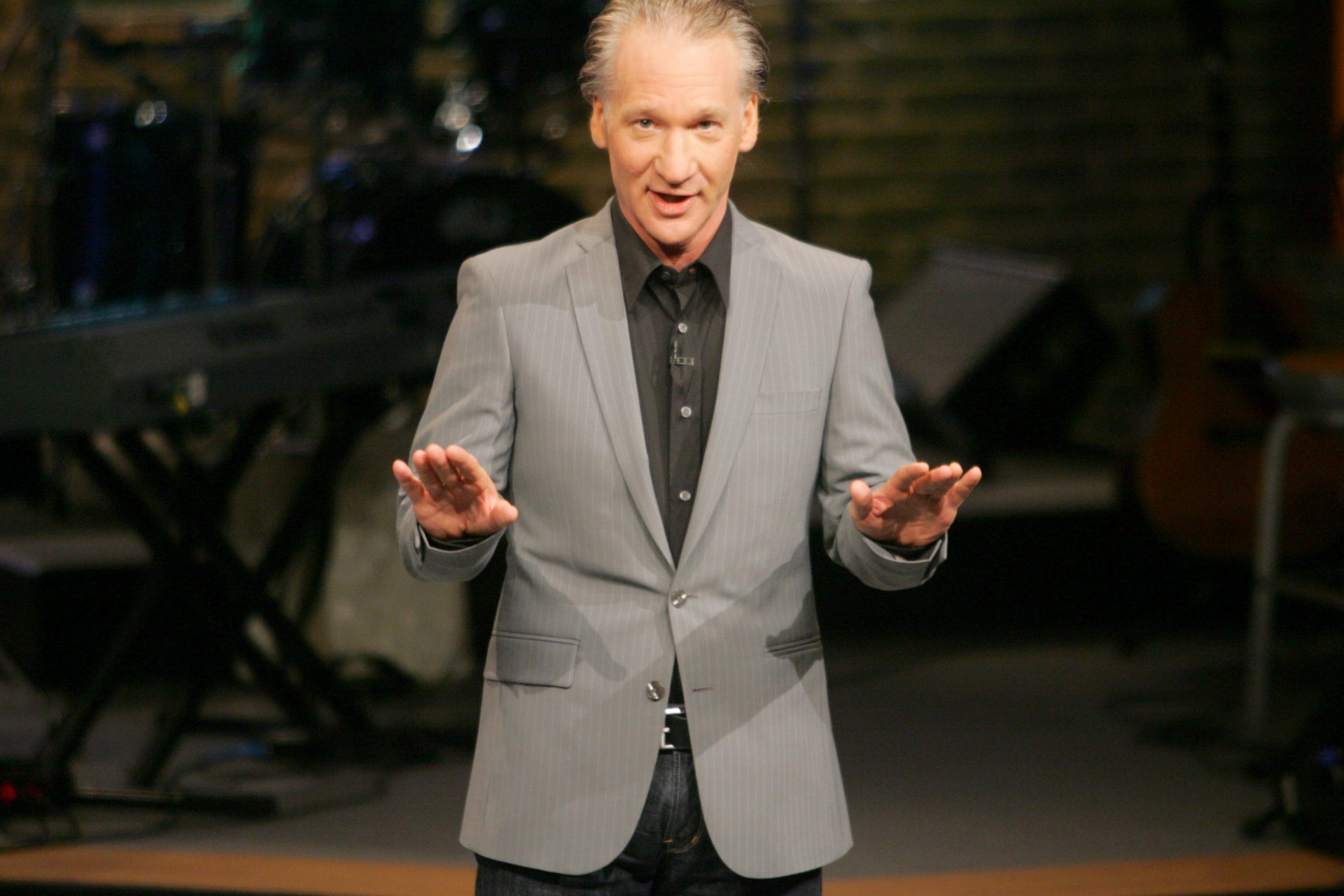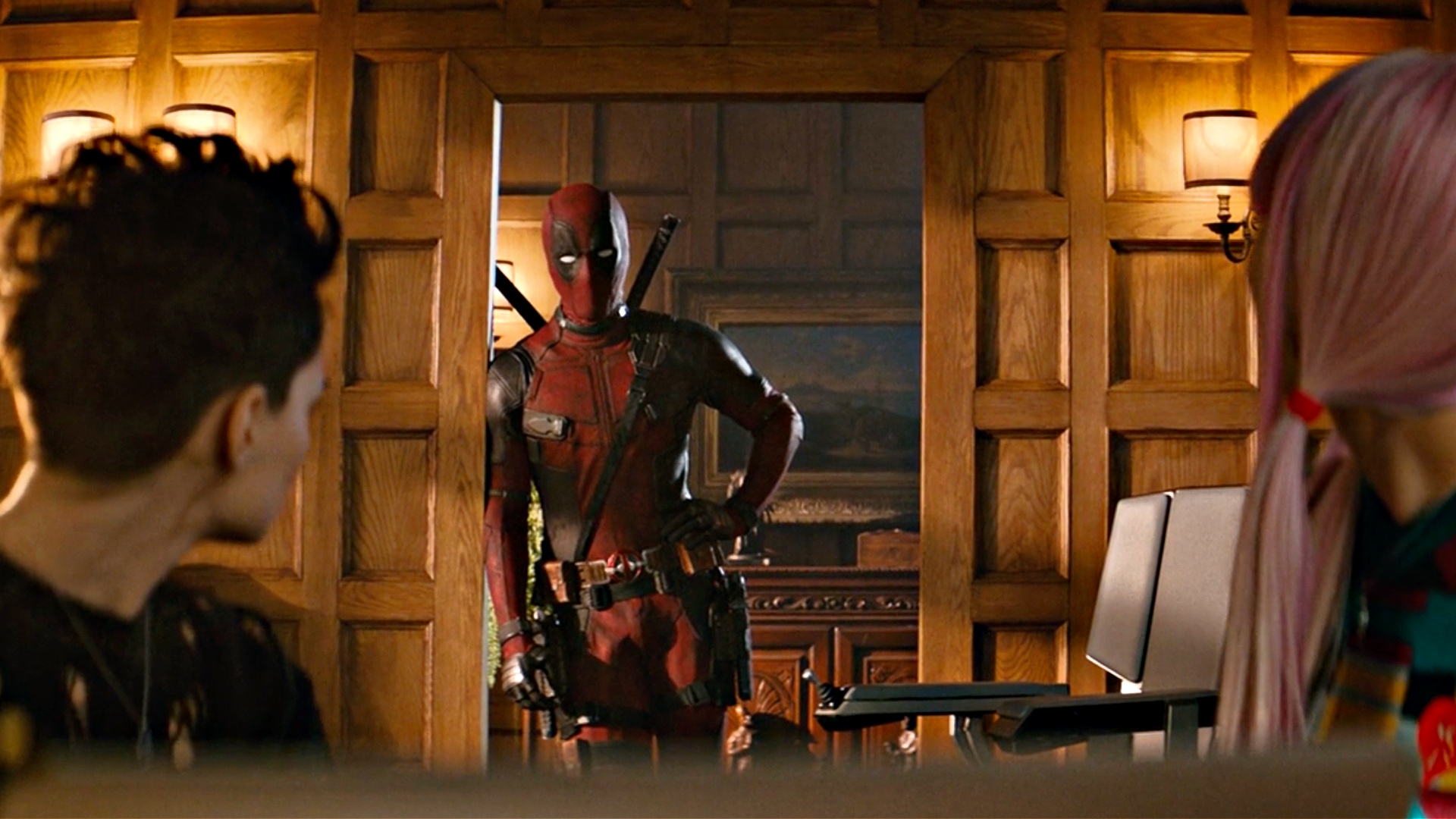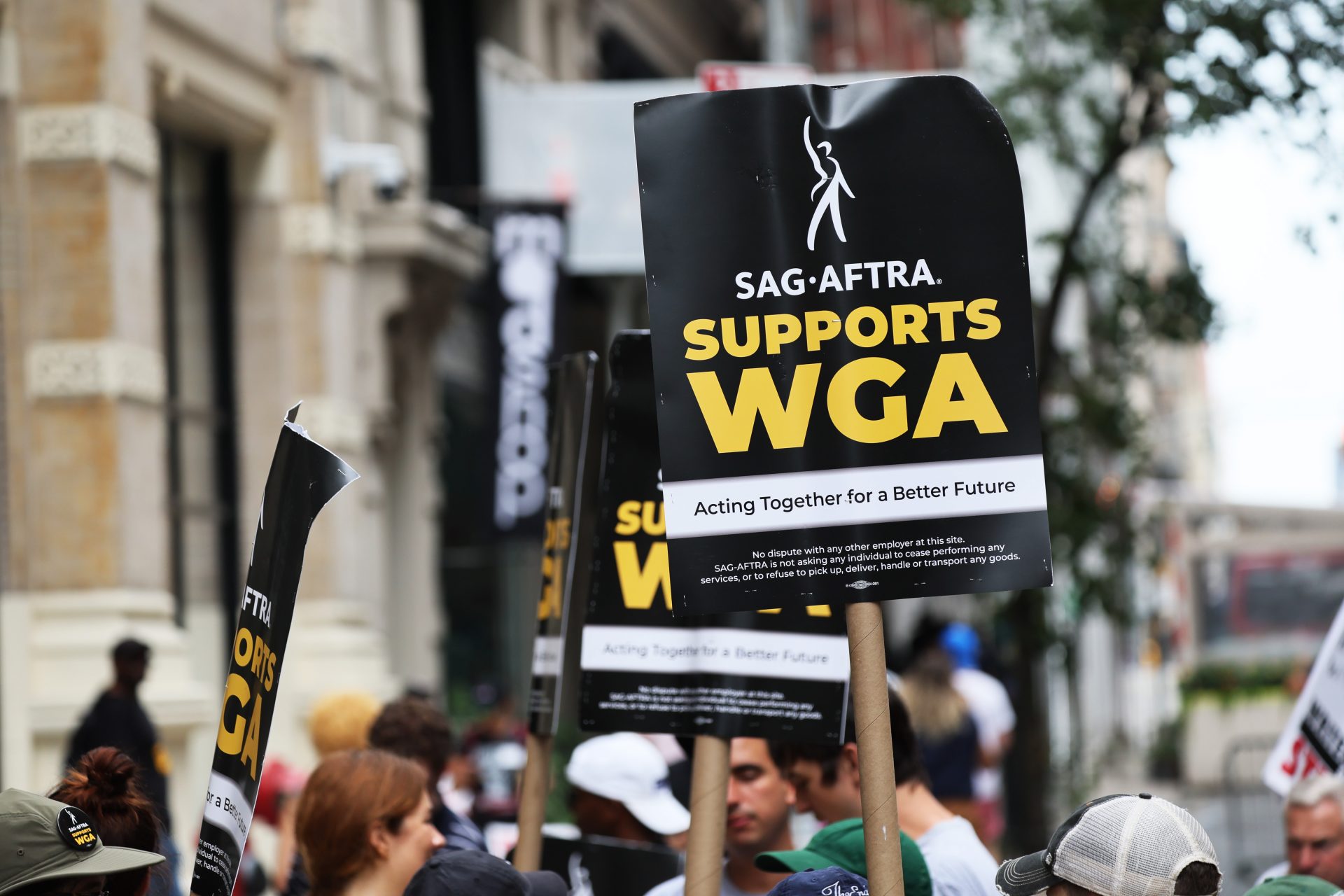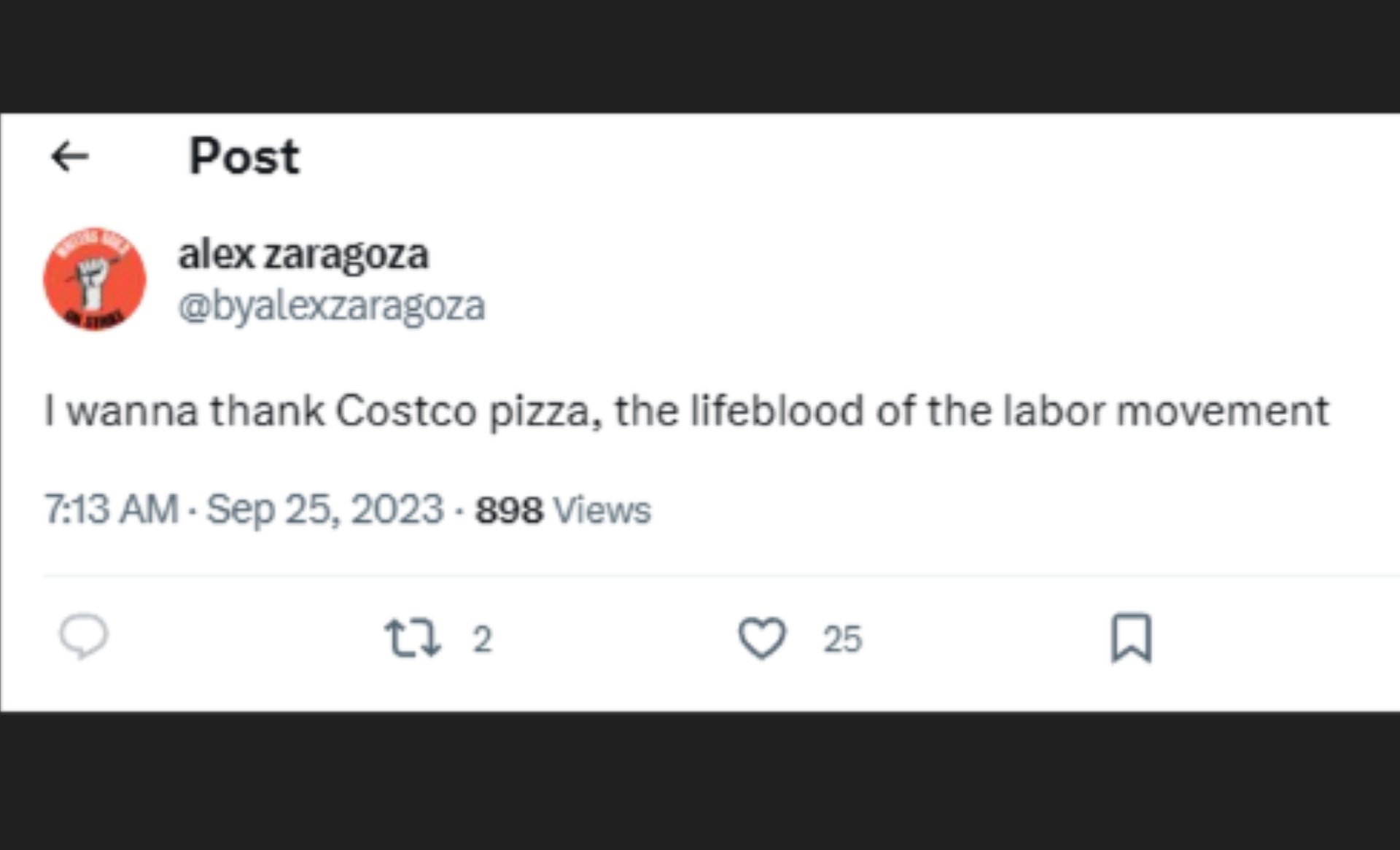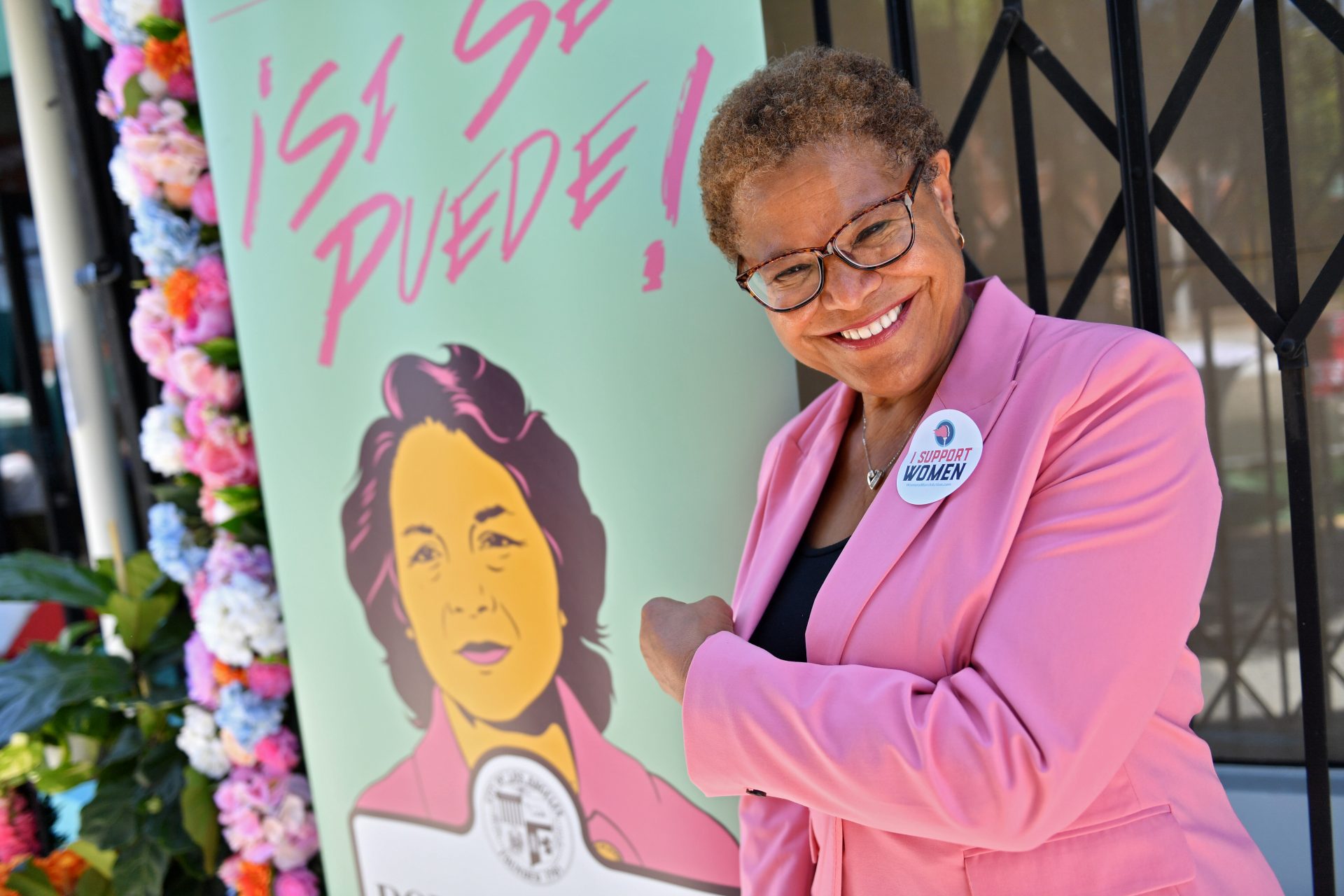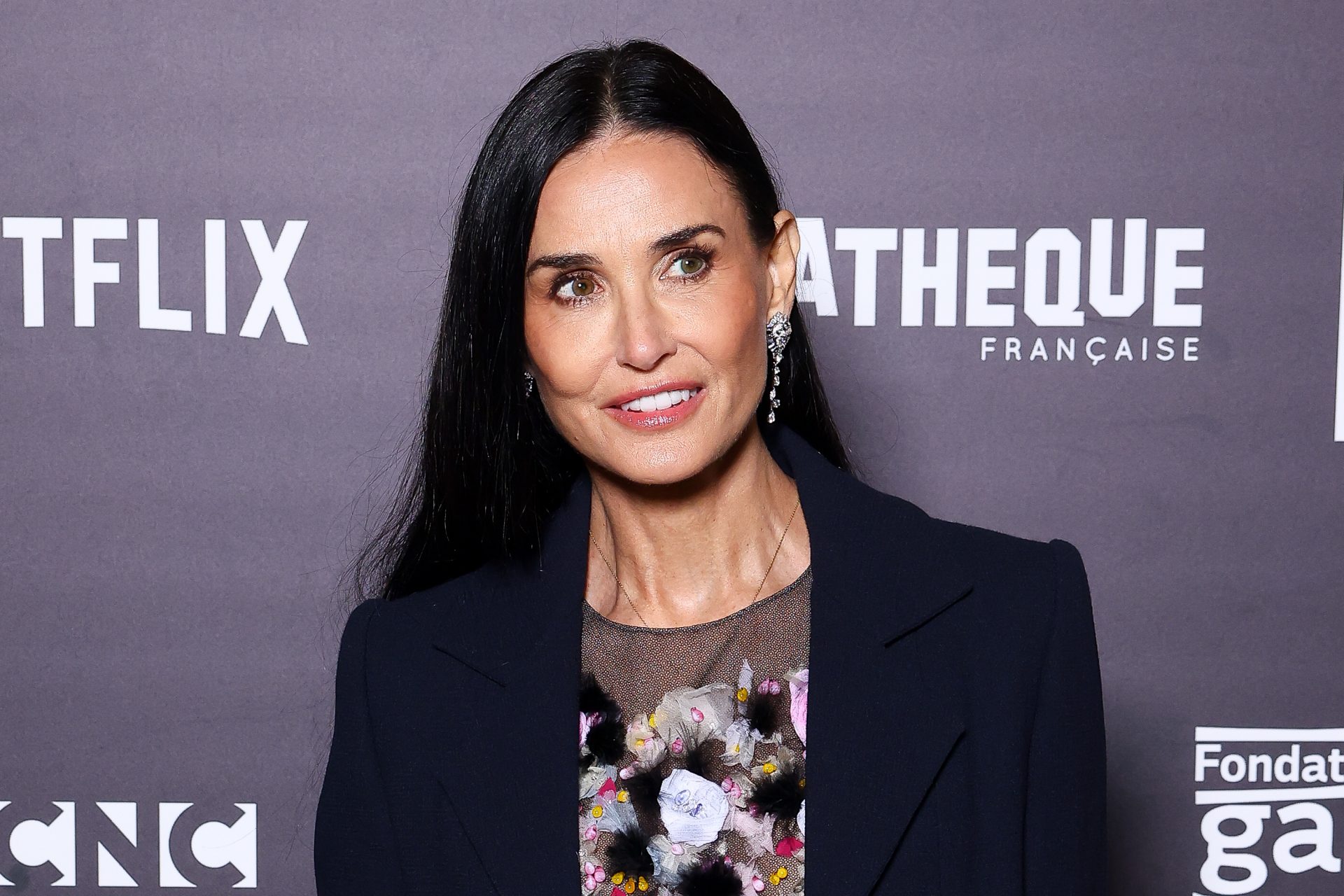The Hollywood writers strike is over. What does it mean for you?
After 148 days, the Writers Guild of America (WGA) strike is finally over. Writers of movies, late night TV and scripted shows can get back to the writers rooms.
On Sunday, September 24, the Writers Guild of America (WGA), the union that rallied American writers for film and TV to go on strike, announced they reached a tentative agreement with studios to get back to work. But they still needed to pass the deal within the union.
“We can say, with great pride, that this deal is exceptional—with meaningful gains and protections for writers in every sector of the membership,” the union said in a statement, thanking the solidarity of its members “that finally brought the companies back to the table to make a deal.” Studios didn't say anything on Sunday.
The WGA successfully got concessions on most demands, like increased royalties for streamed content and ensuring artificial intelligence doesn’t impinge on their credits and earnings.
On Tuesday night, the union leadership voted in favor of the agreement. The around 11,000 strike-weary writers are expected to ratify it in early October. But while they wait, they are now allowed to work.
Although writers can get back to work, most filming can’t restart due to the actors' ongoing strike. But writers for daytime and late-night talk shows don't rely on actors and could be back soon, offering solace to a corner of the disrupted industry.
Bill Maher, the late night host, who said he was going to go back on air during the strike, but then did a U-turn right after, announced he would be back, with writers, on Friday. His announcement came just a couple minutes after the strike ended.
Other late-night shows, the first to be hit since they are filmed live most days, are set to follow in Bill Maher's tracks and be back on air within days or weeks. However, with actors still on strike, they won't be able to rely on their usual docket of guests.
One major demand by the 160,000 actors on strike is designating two percent of total revenue from streaming shows to the actors. Studios label this as non-negotiable. Presently, there's no scheduled dialogue between the parties. Actors went on strike in July.
Variety and other outlets say that while there were doubts if SNL would air this year, it could be back as soon as October. Its actors are under a different union... however, some of them may be reluctant to do so for fear of angering striking actors.
As for scripted shows or movies coming back, it depends where they were in the production. Paused productions that have already been written like 'Deadpool 3,' 'Yellowjackets' and Quentin Tarantino's next movie won't be able to make progress until the actors are back, according to AP.
Image: Deadpool, 20th Century Fox
But the good news is that some shows will start moving forward. Those are the ones whose writers rooms were put on pause, including Netflix’s “Stranger Things,” “Severance” on Apple TV+ and “Abbott Elementary” on ABC, AP reports.
The writers' deal might guide discussions on mutual worries. Both writers and actors seek strong checks on AI usage. Actors fear AI could replicate their images without proper compensation or consent, so the deal with writers could offer a model.
"No, Im really crying right now. This strike has been so hard. Necessary and invigorating, and really ‘eff-ing’ hard. But we did it! We fought together. We didn’t take any s— together. We ‘eff-ing’ did it! Thank you, wholeheartedly, to our Negcom team. Unions forever. WGA forever,” tweeted Hollywood writer Alex Zaragoza.
Image: Alex Zaragoza/Twitter
Gavin Newsom also released a statement praising the deal that can “put a major piece of California’s economy back to work.” “For over 100 days, 11,000 writers went on strike over existential threats to their careers and livelihoods — expressing real concerns over the stress and anxiety workers are feeling,” he said.
Los Angeles Mayor Karen Bass also chimed in. “After a nearly five-month-long strike, I am grateful that the Writers Guild of America and the Alliance of Motion Picture and Television Producers have reached a fair agreement and I’m hopeful that the same can happen soon with the Screen Actors Guild.”
Economist Todd Holmes used figures from past strikes to estimate that the first 100 days of the writers’ strike cost the economy of California at least $3 billion. The strike lasted 146 days and also merged with the actors’ strike.
People who work in entertainment or entertainment-adjacent roles make up almost 20% of LA-area income. The pause due to striking has hit huge parts of the city, suggests Holmes, from catering companies, restaurants near studios, prop houses, set builders, dry cleaners, professional drivers, florists and more.
Image: Ahmet Yalçınkaya/Unsplash
According to the LA Times, it’s hard to say. Many TV shows or movies have already been canceled or pushed back to 2024, “so it will be some time before production activity picks up to pre-strike levels," as was seen during COVID-19.
Image: Jakob Owens/Unsplash

